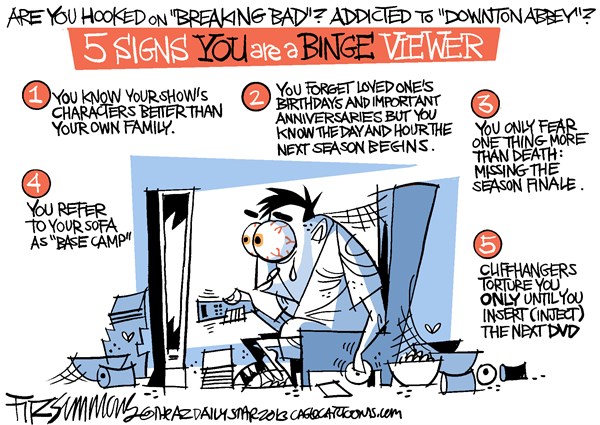Self-Made Monsters
Scott Robinson
Rolling Stone recently published an interview with Dong Nguyen, creator of the viral hit game "Flappy Bird". The interviewer, David Kushner, writes about Nguyen’s experience as his app surged in popularity:
He hands me his iPhone so that I can scroll through some messages he’s saved. One is from a woman chastising him for "distracting the children of the world." Another laments that "13 kids at my school broke their phones because of your game, and they still play it cause it's addicting like crack." Nguyen tells me of e-mails from workers who had lost their jobs, a mother who had stopped talking to her kids. "At first I thought they were just joking," he says, "but I realize they really hurt themselves." Nguyen – who says he botched tests in high school because he was playing too much Counter-Strike – genuinely took them to heart.
Nguyen’s intention had been straightforward: build a fun game for mobile platforms, easy to play and hard to master. But as his app went viral, it garnered a darker reception. People attacked Nguyen. They designated him an author of evil. Their vindictive reaction peeled back the app’s popularity to reveal an addicted and infuriated world where guilt was eschewed by appeals to ‘distraction’ and ‘addiction’.
Wrapped up in low-fi, Nintendo-esque graphics, Flappy Bird is a feathered fiend for the modern disposition. Its simplicity is infuriatingly addictive, and its difficulty chafes against impatience and demand for easy victory. It’s easy to love, but even easier to hate. And the app’s fallout, directed toward Nguyen, shines a spotlight on a basic human proclivity: our readiness to shift the responsibility for our destructive impulses onto anyone or anything other than ourselves.
Mike Carey and Peter Gross write in the fantasy series The Unwritten (Vol. 1), “We make our own monsters, then fear them for what they show us about ourselves.” For many, Flappy Bird provided that insight.
What’s your monster?

